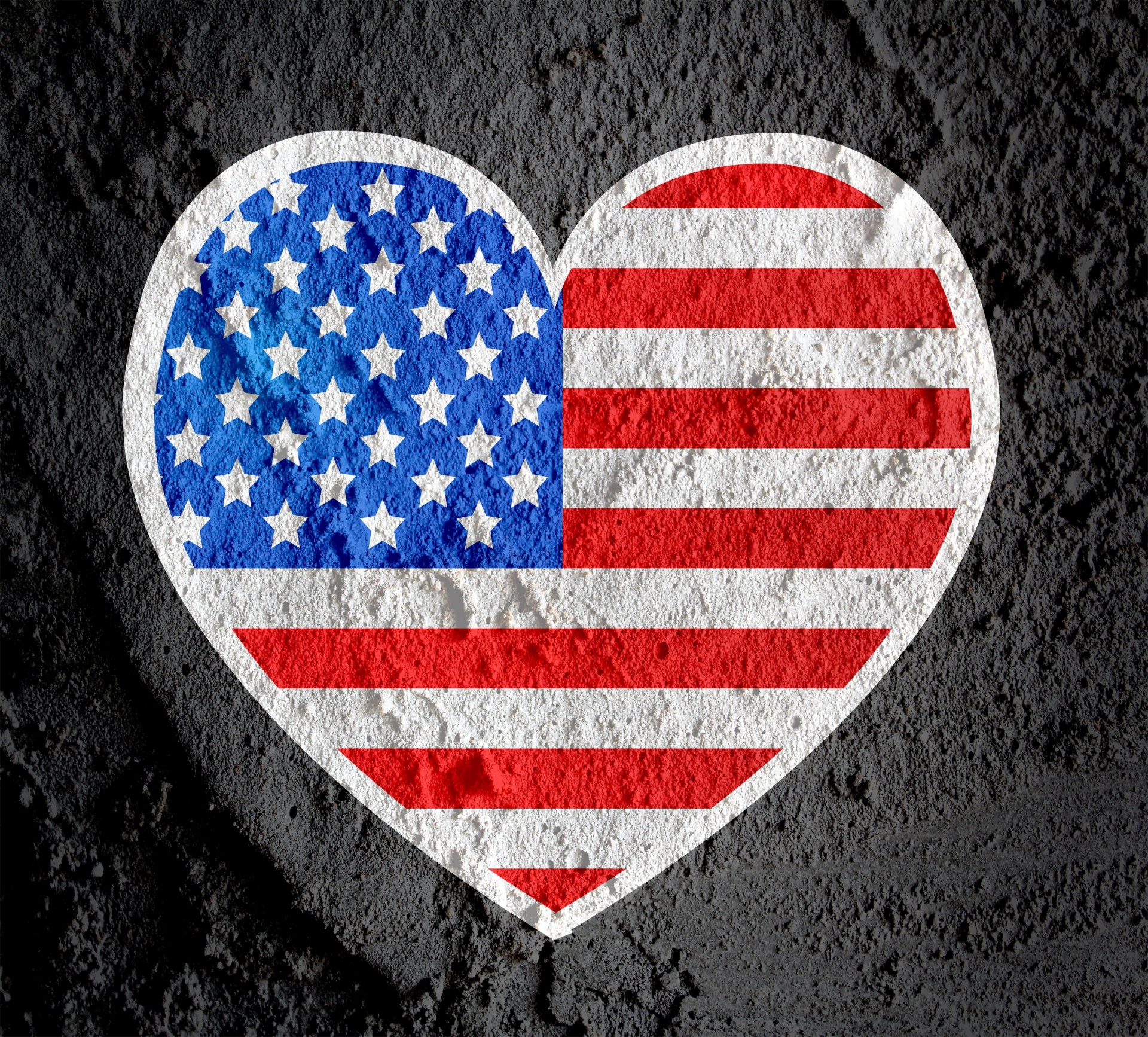The things I hear a lot are that an abuser or bully was just a kid, that she isn’t a bad person and that I’m being judgemental for saying something so mean just because I’m angry, that no one can be truly bad, that I have to forgive her, et cetera.
What actually is forgiveness? Do I have to forgive her? Sure, maybe no one can be truly bad, maybe she’s not a bad person, but I am angry. I am not saying this to her face.
Also, she knows what she’s doing and intentionally hurts others for pleasure. In my opinion, maybe not yours, that does make her a bad person. If she changes and stops it, then she isn’t a bad person anymore, but she was when I knew her.


A hard question to answer, as it really varies by individual and circumstance.
There’s a sociological problem called “kicking the dog”, wherein you abuse someone below you in the social hierarchy and they do the same, until the last person in line is left to abuse the family pet.
One could argue that forgiveness is about recognizing this chain of abuse and refusing to be a part of it. You aren’t going to inflict someone else’s pain on a person below you. You’re going to recognize they’re a consequence of their own environment and turn it around. Be kind to others in a response to your pain, rather than paying it forward. That doesn’t mean being kind to the person who abused you. It might mean being more generous and kind hearted towards someone you see suffering as you did.
One could also argue that forgiveness is about forgiving yourself. Abuse victims - particularly members of a family who all endure the abuse together - may feel responsible for the abuser’s actions. They may feel like they failed in their duty to protect a child or sibling. And they might begin to punish themselves even after the abuser has left, because they’ve internalized the abuse as justified. Acknowledging that you’re not Superman - able to effortlessly absorb and defect others’ anger - and you aren’t the one responsible for the abuser’s actions is a step towards relieving your own guilt.
In the end, it is about freeing yourself from the enforced stocism that abuse encourages. Don’t let their cruelty harden your heart towards yourself or others.